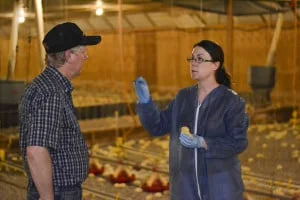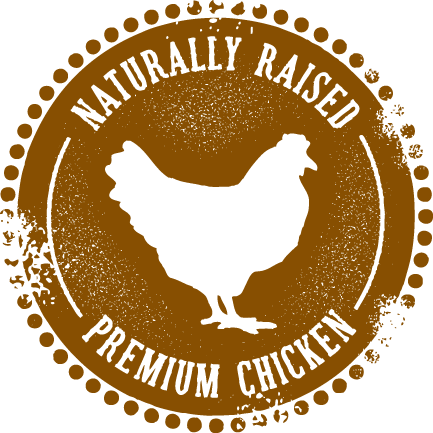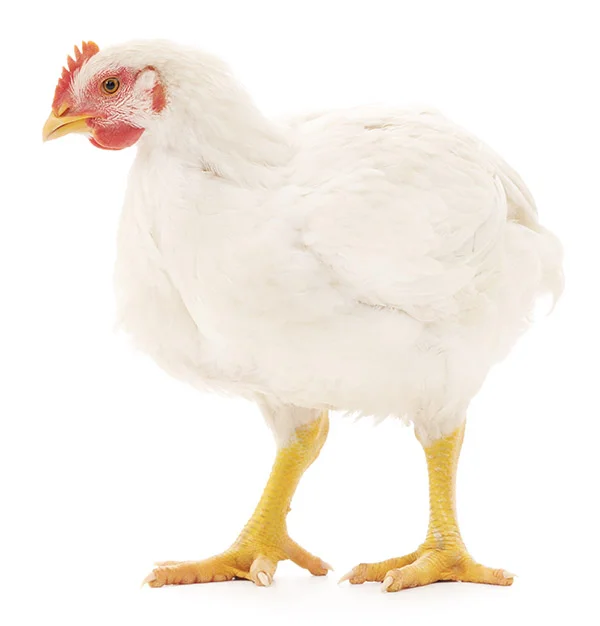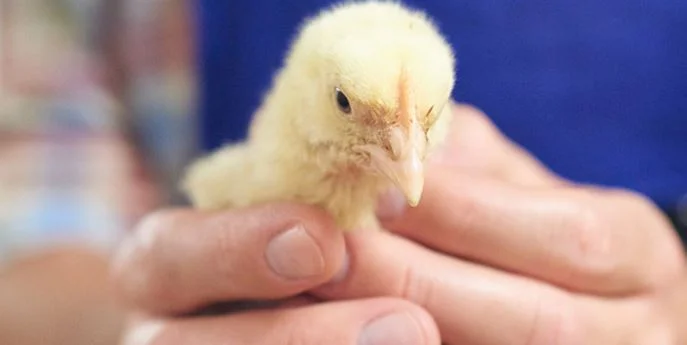Kentucky's Poultry Industry
Nearly 300 million broilers (meat type chickens) were raised on Kentucky farms last year. Broiler production brought $1.4 billion to Kentucky in 2022.
More than 5 million laying hens produced 1.5 billion eggs in 2021. Egg sales totaled $256 million in 2022.
There are 850 large-scale poultry farms in 44 counties.
The number of turkey farms in Kentucky are growing. Cash receipts for turkey sales in 2022 were $30 million.
Kentucky ranks 15th in the nation for poultry and egg sales. The commonwealth ranks 8th in the nation for broiler production.
Source: National Agriculture Statistics Service and Economic Research Commission
The Chicken Tender
College Student Allison Brockman moved back home to Knifley and purchased a chicken farm to live her dream.
Chelsea Schlonagle, of Dutch Creek Farm in Pleasureville, responded to market demand while in high school. She and her family now have a thriving beef, poultry, and egg business.
Poultry farmer Davie Stephens of Wingo.
Poultry: What’s in a Name?
Poultry are types of birds that we use for meat and eggs. Chickens, turkeys, ducks, and geese are all types of poultry. In Kentucky, we are most familiar with plentiful chickens.
In a commercial operation, day-old chicks are moved to a temperature-controlled house. They get a healthy diet of corn, soybeans, and plenty of water until they are fully grown. Kentucky poultry eat between 25 and 35% of our locally grown corn and soybeans. Chickens convert their feed into high-quality protein, so their meat contains essential amino acids, B vitamins and minerals like iron and zinc.
While any chicken can be raised for meat and all female chickens (hens) lay eggs, certain breeds of chicken are better suited for meat, and others for eggs. We call those chickens Broilers (meat) and Layers (eggs).
Broilers vs. Layers
A broiler chicken grows quickly. It will reach its full size of 3-7 pounds within 7-8 weeks. A broiler is raised in a temperature-controlled house, a yard, or a pasture. They are not raised in cages. Turkeys are raised similarly to broilers, but they will grow for 3 to 6 months and weigh 15 to 30 pounds before they are harvested.
A layer hen will start laying eggs at 18 to 26 weeks old. The average laying hen lays 286 eggs per year.They may be kept in a cage to make feeding, egg collecting, and manure management easier. Or, they may be “free-range” which means they live in open houses, in yards or on pastures with laying boxes nearby. At about 2 years of age, a layer hen’s egg production will decline and they may be sold for meat. Broilers and Layers are never given hormones or steroids, as it is an illegal practice in poultry production.
Packing a Nutritional Punch
Eggs are packed with nutrients but only have 70 calories apiece. They contain almost every essential vitamin and mineral humans need. Egg protein is the standard by which other protein sources are measured. A large egg contains over six grams of protein.Eggs are the most economical high-quality protein available.
Economic Impact
Poultry and eggs are a $1 billion dollar industry in our state - and are one of the top 5 exports. The poultry industry directly employs around 7,000 people. Indirectly, one of every third row of corn and soy go to chicken feed - giving more farmers an economic boost from poultry. Our state has more than 850 chicken farmers - making Kentucky an industry leader.
Making a Meal
Today’s egg and chicken producers keep safety and sanitation as the highest priority. Chicken houses are used to protect birds from predators and disease. Commercial egg production uses automation to improve food safety and sanitation.
Many households in the past kept chickens for eggs and an occasional dinner. Today’s modern chicken industry produces nutritious, high quality products. It is no longer necessary to keep chickens at home with the wholesome options available from Kentucky’s producers. You can enjoy this popular and flavorsome protein source easily and affordably.
Learn More
A Day in the Life
The National Chicken Council invites you to see how chickens are raised in the U.S.
The Chicken Guarantees
The Chicken Guarantees are a set of welfare standards that serve as a benchmark for the broiler chicken industry.
On the Farm
Learn the different ways U.S. farmers care for their chickens to provide you safe, fresh, nutrient-packed eggs.
Take a Virtual Field Trip to Kentucky Poultry Farms
Learn how two Kentucky farms provide poultry and eggs to different customers. We visited with Todd Clark of Lexington and Dan Flanagan of Campbellsville.
Other Videos of Interest
Large-scale commercial poultry production.
This is a transparent look at how commercial poultry are processed for your dinner table. The video does include images of the stunning and organ removal process.














